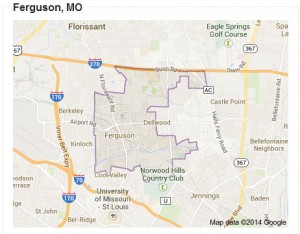Why is it that generic drug makers sometimes delay entering the market, sometimes long after the drug patent expires? This is another tale in corporatocracy, told by Alternet:
[I]magine you’re a big-time drug company. You want to keep competitors off the market as long as possible. Your move is to basically sue the pants off the generic drugmaker for copyright infringement, setting in motion a long and tortuous legal process. And these usually end with “pay-for-delay” deals. The brand-name drug company pays the generic manufacturer a cash settlement, and the generic manufacturer agrees to delay entry into the market for a number of years. In the case before the Supreme Court, the drug company paid $30 million a year to protect its $125 million annual profit in AndroGel, a testosterone supplement.
It’s hard to see this as anything but bribery, designed to preserve a lucrative monopoly for the brand-name drug maker. In fact, this is what the Federal Trade Commission has argued for over a decade. They consider it a violation of antitrust law, arguing that the exchange of cash gives the generic manufacturer a share of future profits in the drug, specifically to prolong the monopoly. As SCOTUSBlog summarizes from the FTC’s court brief, in the regulator’s view, “Nothing in patent law … validates a system in which brand-name companies could buy off their would-be competitors.” Indeed, everyone wins with pay-for-delay but the consumer: the FTC estimates that the two dozen deals inked in 2012 alone cost drug patients $3.5 billion annually, with the brand-name and generic manufacturers splitting the ill-gotten profits.


